On a perfectly unlovely summer’s day in Washington DC, amid lasering sunshine, lowering clouds, debilitating humidity and lengthy lightning delays, Steve Borthwick’s Lions-light England sweated to a six-try win over the US Eagles.
The tourists’ run-on team contained three new caps and three more arrived from the bench. It wasn’t high art – hard when you wait an hour to kick-off because of lightning, then have to play through a kind of atmospheric soup. But England’s Premiership professionals generally performed with precision beyond opponents employed in Major League Rugby, the US pro competition, except centre Dominic Besag, who has a year left at Saint Mary’s College, outside San Francisco.
The first try took 10 minutes to come. There was a spell of American pressure but the home fly-half, Chris Hilsenbeck, was sin-binned for a deliberate knock-on and England made use of their own kicks to the corner and driving mauls, hooker Curtis Langdon touching down. Captain George Ford converted. Try two came soon after from another US error, Tom Pittman coughing up possession on his own line before opposing centre Luke Northmore trotted over. Ford converted again.
Shortly before the first water break, entirely necessary on a horribly muggy evening, the US drove to the England line but were held up. Shortly before the half-hour, England No 8 Alex Dombrandt appeared to have scored from another driving maul, only to be denied for obstruction.
And then … lightning struck, again, and the teams followed protocol, again, and jogged their way off the field. Fans jogged after them, to jammed concourse bars. When it was safe to come back out, the players had to warm up again. Senate vote-a-ramas have flown by faster. Senators sometimes have to be found in the bars of Capitol Hill. Here, a fair few fans failed to come back at all.
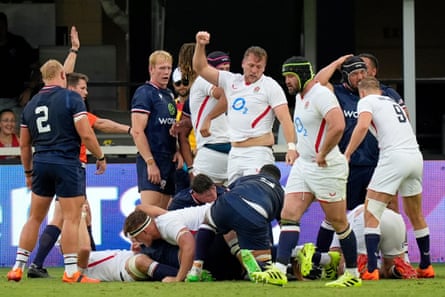
Play resumed with the Eagles on defense. They stayed there, under the cosh at the scrum and with England flanker Chandler Cunningham-South a nuisance in the mauls. One steal led to what appeared to be a scrappy try for Joe Carpenter, the debutant full-back, until video found a knock-on. There was no problem with the wing Caden Murley’s finish for England’s third, after snappish moves directed by Ford. His third conversion went wide and that, finally, was the half, 19-0 to England.
England scrum-half Jack van Poortvliet scooted over shortly after the restart, beneficiary of the US wing Toby Fricker shooting out of the line. Ford converted. It took a while for the fifth try to arrive, but it did, through a break by wing Immanuel Feyi-Waboso and support from Harry Randall, the substitute scrum-half. Ford converted for 33-0. Gabriel Oghre, the replacement hooker and a new cap, scored next from a maul and another bench new boy, Charlie Atkinson, converted.
The game ended with the Eagles dragging themselves forwards, in search of consolation. They got it, flanker Christian Poidevin (son of Wallaby legend Simon) running a clever switchback from a lineout to put Shilo Klein, the replacement hooker, over the England line. The conversion was wide, the game was done.
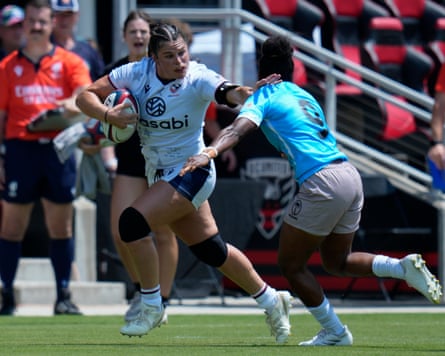
With World Cups on US soil in 2031 (men) and 2033 (women), World Rugby could do with a more competitive product. Nonetheless, executives say they are in for the long haul. Before Saturday’s DC doubleheader, which did feature a compelling contest between the US women and Fiji, chief executive Alan Gilpin told reporters “about $275m is earmarked right now over the next five-six years” for investment in the US.
after newsletter promotion
That money will go into “everything from community rugby building with USA Rugby and their various community groups through to social, digital, building around the matches that we bring here,” Gilpin said. “It’s not just about putting one-off matches in Washington or Chicago. It’s about building those audiences.”
At Audi Field, the attendance was given as 15,198 for the women’s game, a US record, and 19,079 for the men, representing total tickets scanned. On the concourse, unscientific polling revealed that among the usual colorful riot of fans from all corners of the American game – high schools, colleges, clubs, LGBTQ+, older fans – not all had come solely to see Ilona Maher. But she was a major draw for sure.
Against Fiji, the social media star who was this week named ESPYs Breakthrough Athlete of the Year generated roars each time she ran from outside centre. Against battling, skilful opponents, her Eagles started strongly but found themselves holding on to win, 31-24. Maher made the tackle that killed the last Fijian attack. The crowd loved it.

 4 months ago
55
4 months ago
55




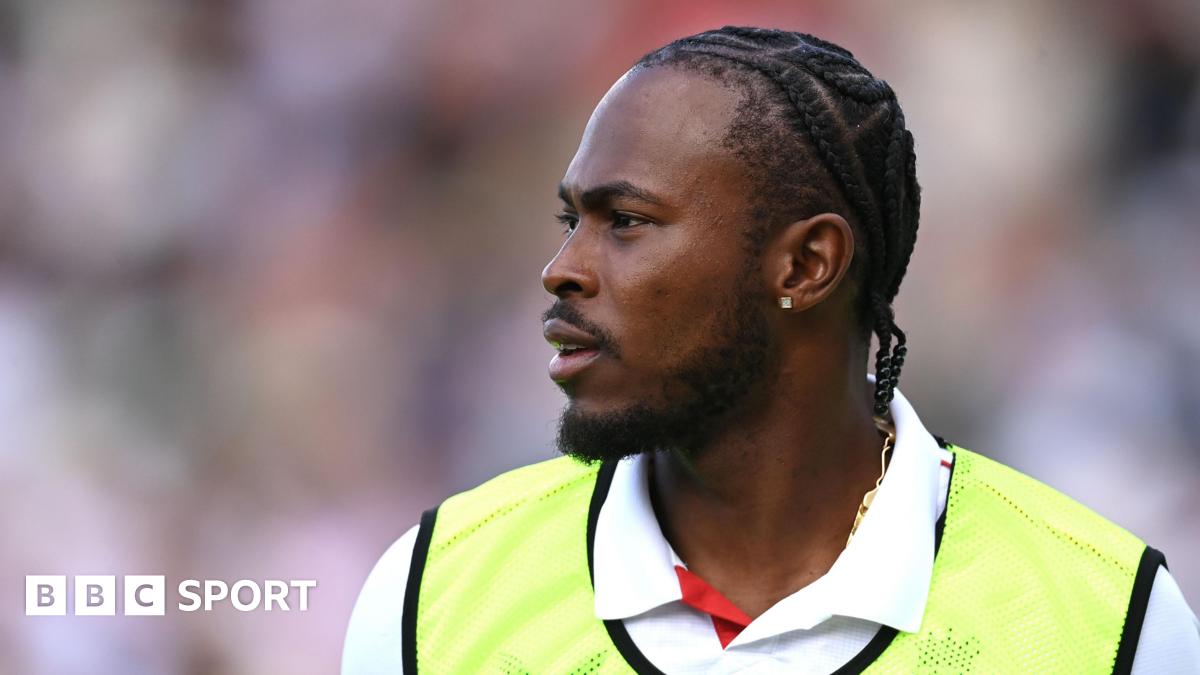
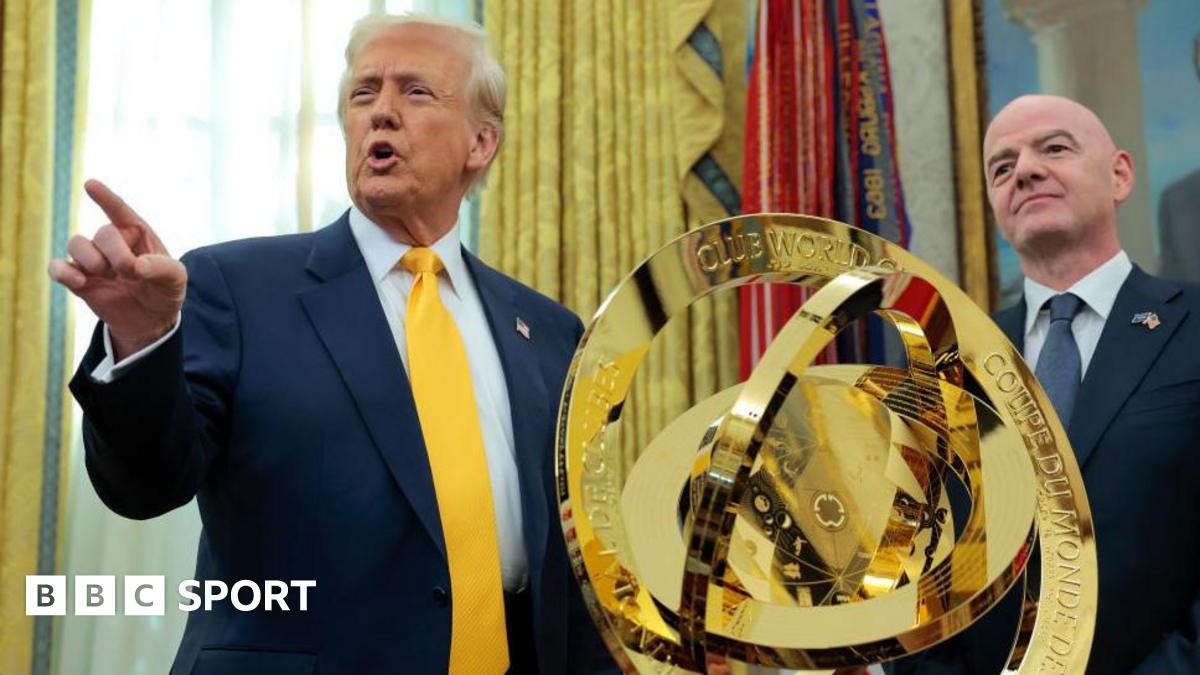
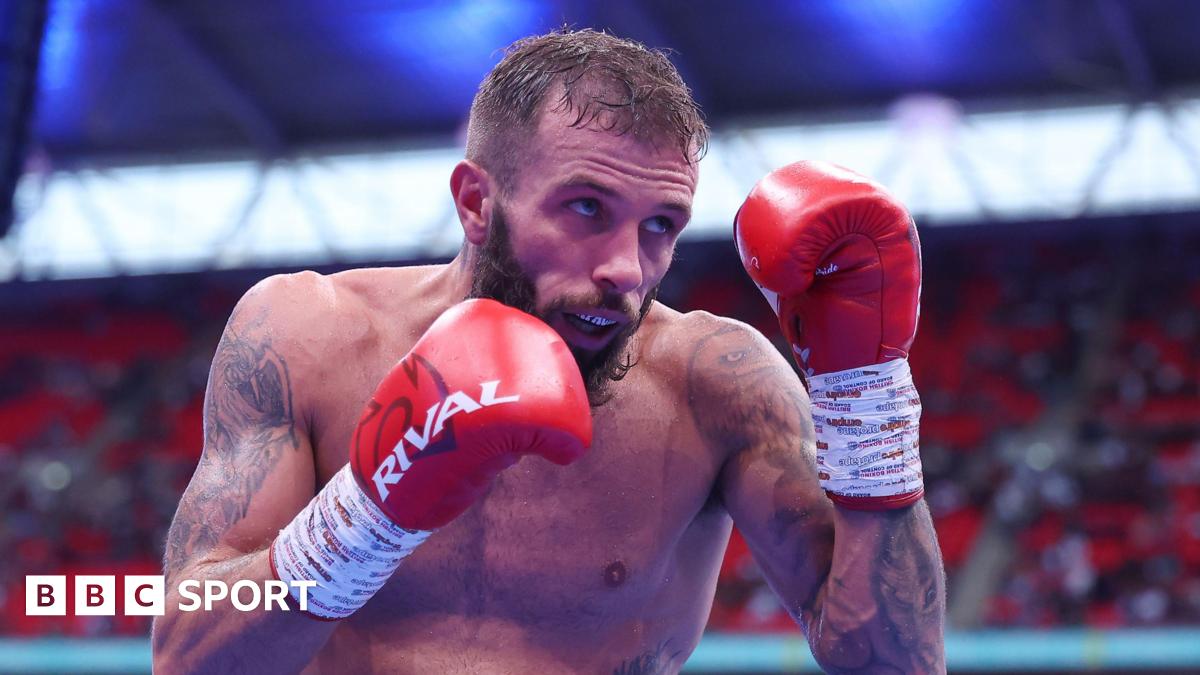
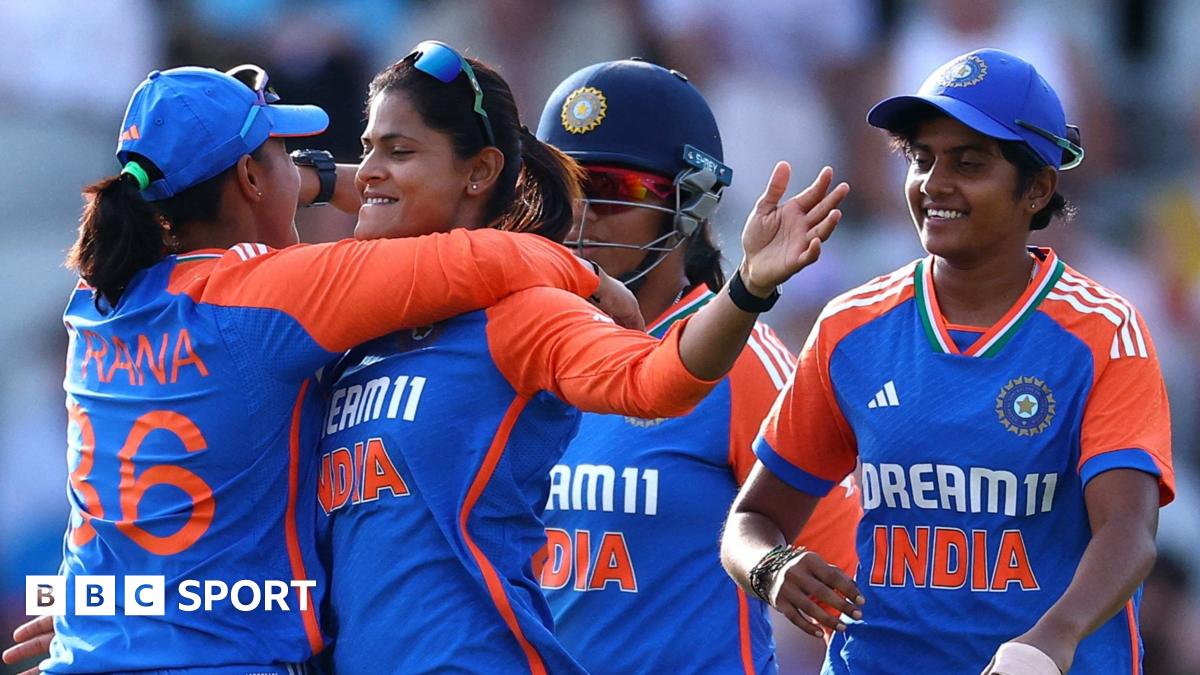
 English (US) ·
English (US) ·